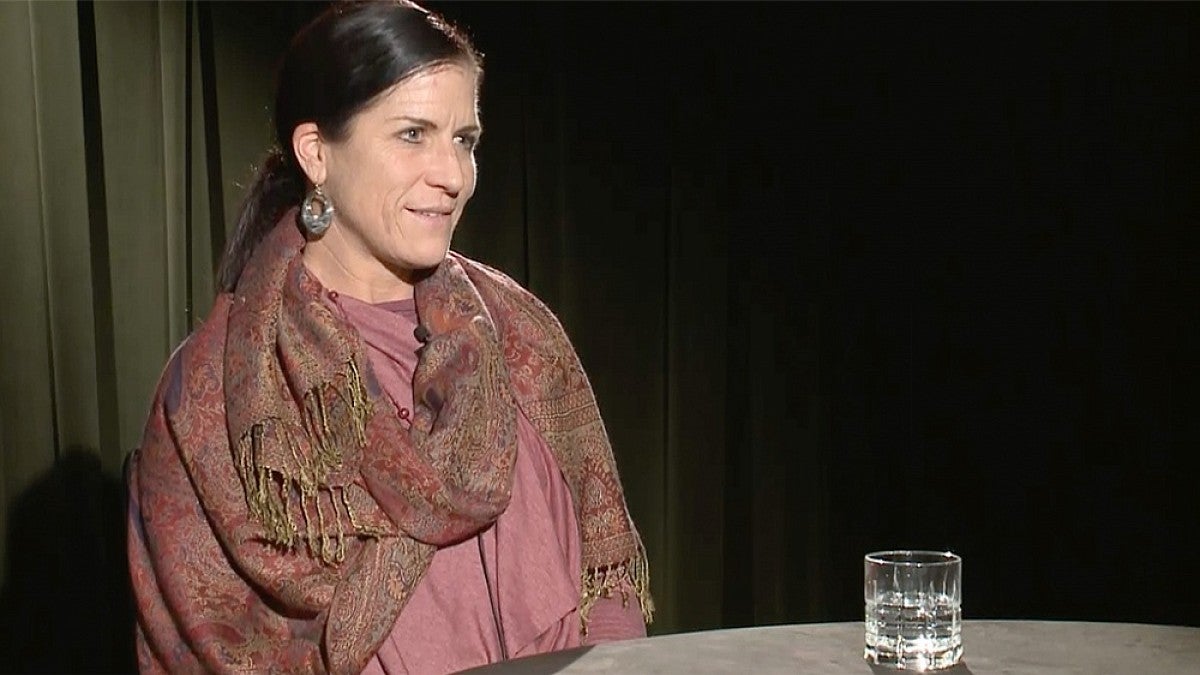The most recent UO Today episode features Kristin Yarris, assistant professor of international studies and the director of the new UO global health minor.
Yarris talked about her experience in 2004 going to rural Nicaraguan communities translating for medical doctors. She repeatedly heard the phrase “I’m thinking too much,” which, after investigating further, she found was used most by older women to describe how they felt about their daughters’ migrations.
Her findings helped form her new book, “Care Across Generations: Solidarity and Sacrifice in Transnational Families”.
“Often transnational families have been studied classically. It was the male migrant, the mother left behind with the children,” Yarris said. “What I argue in my book is we have to think intergenerationally. We have to think about extended kin networks and the ways that care is reconfigured following migration across generations.”
Yarris also discussed teaming up with UO English professor Mary Wood to teach a course called “Mind, Madness, and Society: Schizophrenia Across Cultures and Genres.”
“We just got to talking about wanting to bring our two disciplinary perspectives — that is, a more ethnographic cross-cultural perspective and a more critical humanistic historical perspective — to the question of mental illness and its diagnosis.”
Yarris also is the director of the new UO global health minor. She talked about the formation of the minor.
“On the one hand, you could think that we might have a deficit here at Oregon in that we don’t have a medical school, we don’t have a school of public health. So how can we have a global health program?” she said. “We don’t have those things but what we have is strong interdisciplinary focus. We’re definitely drawing on the humanities. Students have to take classes in the medical humanities, in social sciences and in natural sciences as part of this minor.”
For more, watch the interview on the UO Today channel.
“UO Today” is a weekly half-hour interview program hosted by Paul Peppis, a UO English professor and director of the Oregon Humanities Center. Each episode features a conversation with UO faculty and administrators, visiting scholars, authors or artists.
It is produced by the Oregon Humanities Center in collaboration with UO Libraries’ Center for Media and Educational Technology. An archive of past interviews is available on the Oregon Humanities Center’s website or on their YouTube channel.


